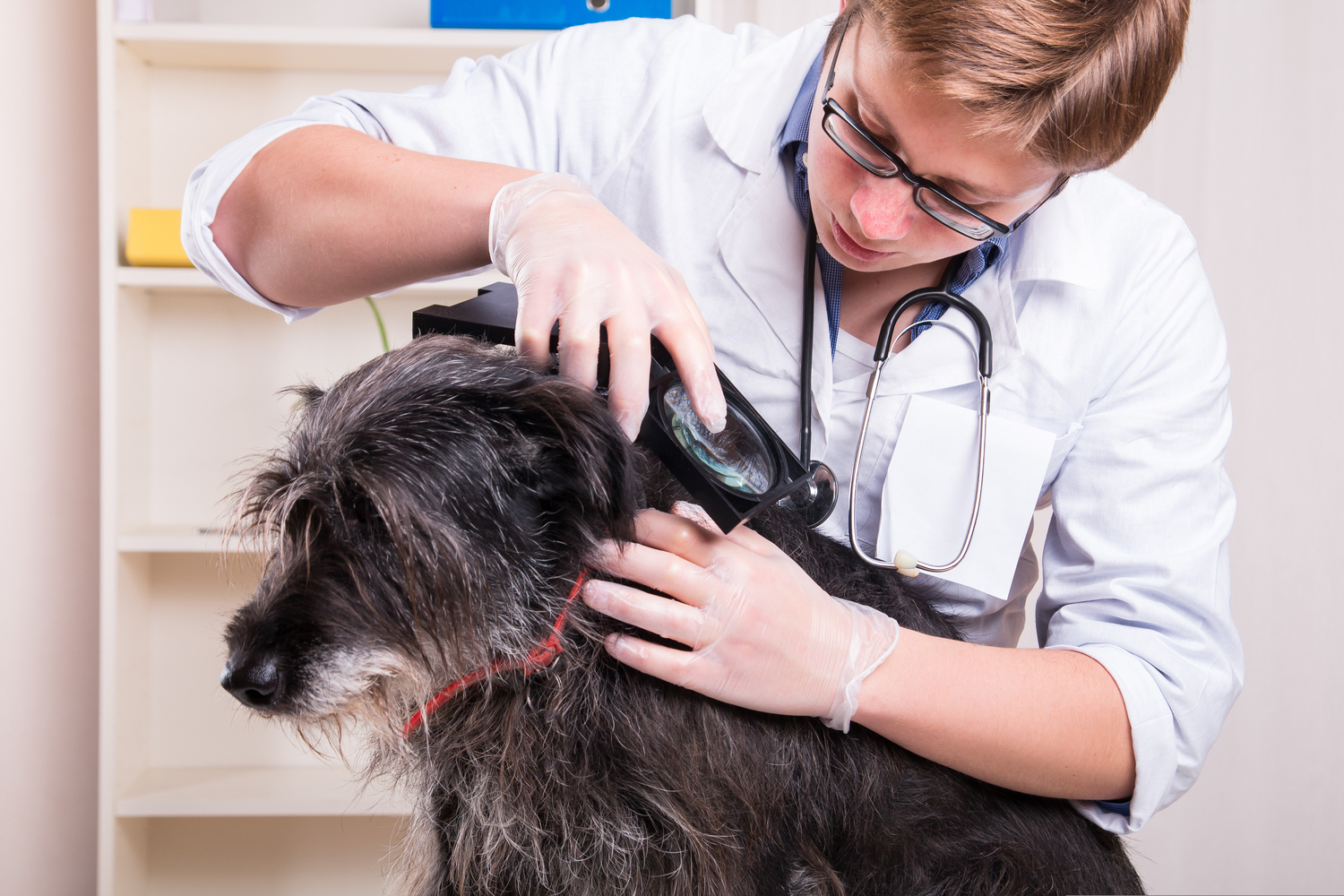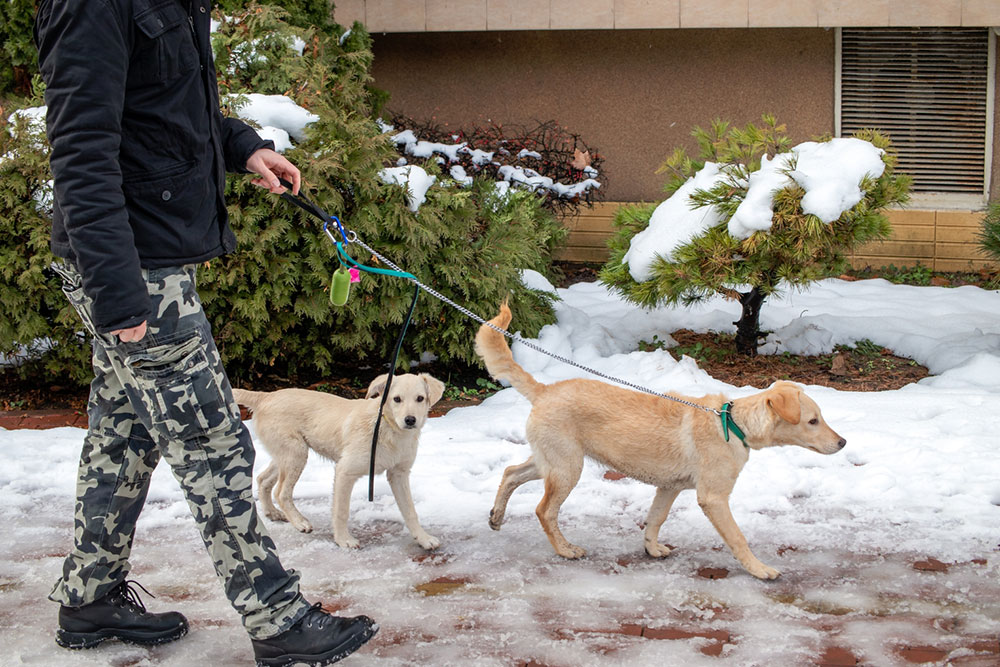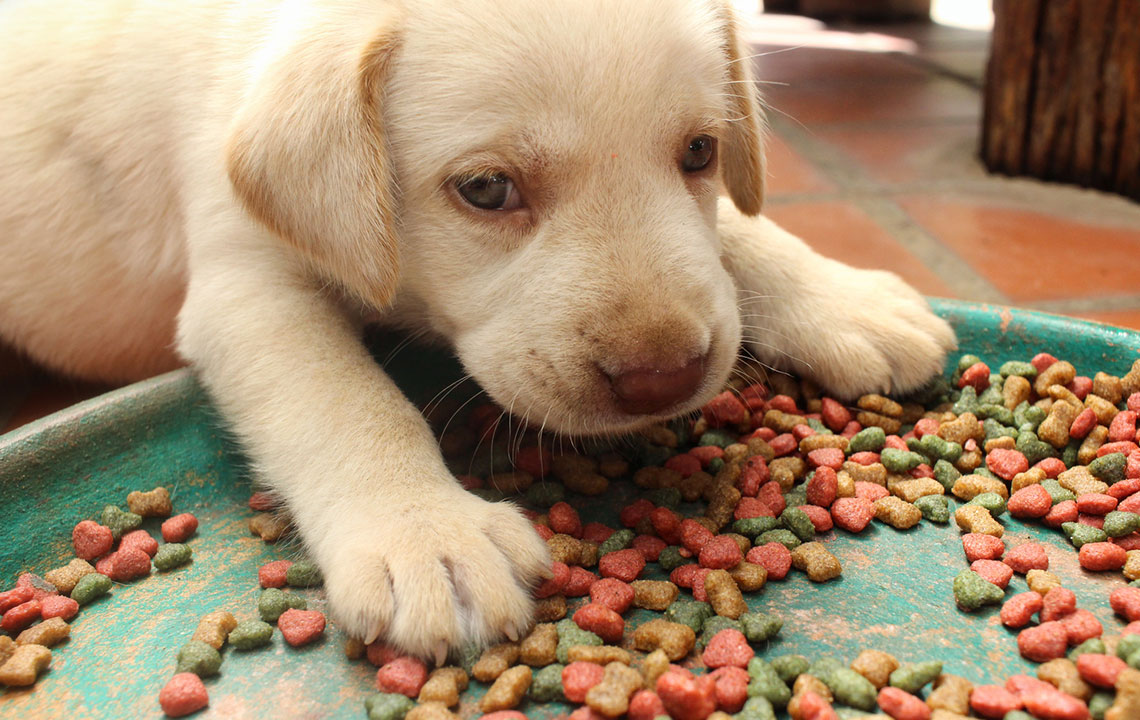Comprehensive Guide to Identifying and Managing Food Allergies in Dogs
This comprehensive guide provides pet owners with essential information on identifying and managing food allergies in dogs. It covers symptoms, diagnosis, and effective dietary strategies, including hypoallergenic food options, to improve dogs’ health and comfort. Understanding these aspects ensures pet owners can take proactive steps to support their allergic canine companions and enhance their overall well-being.

Understanding and Addressing Food Allergies in Canines for Better Health
Food allergies in dogs are a common concern among pet owners, affecting a significant portion of the canine population and leading to a range of uncomfortable symptoms. These allergies occur when a dog’s immune system mistakenly identifies certain foods as harmful invaders, triggering an allergic response similar to human allergic reactions. Recognizing the signs early and managing the condition effectively are essential for ensuring your dog’s well-being and quality of life.
Research indicates that approximately 20% of itching, scratching, and skin irritation cases in dogs are linked to food allergies. These allergic reactions manifest in various ways, including inflamed skin, hair loss, persistent itching, and gastrointestinal disturbances. Understanding these symptoms allows pet owners to take proactive steps in diagnosis and treatment, ultimately improving their dogs’ health and comfort.
In this detailed guide, we will explore how to identify food allergies in dogs, discuss common symptoms, diagnostic methods, and provide nutritional recommendations tailored specifically for allergy management. Whether you are a new pet owner or have an experienced canine companion, this comprehensive overview will help you better understand and care for your allergic pet.
Recognizing the Symptoms of Food Allergies in Dogs
Identifying food allergies in dogs can sometimes be challenging as symptoms often overlap with other health issues. However, there are specific signs and behavioral changes that pet owners should be vigilant about:
Skin irritations and persistent itching:
Dogs with food allergies often develop red, inflamed skin, rashes, dry patches, or lesions. You might notice your dog scratching excessively, biting, or licking certain areas, primarily the paws, face, or ears.
Hair loss and thinning coat:
Allergic reactions can lead to hair loss, bald patches, or dull, brittle hair. This is often accompanied by skin redness or infections.
Gastrointestinal issues:
Repeated vomiting, diarrhea, gas, or bloating shortly after meals can indicate a food allergy or intolerance. Keep a detailed log of your dog’s eating and bathroom habits to track these symptoms.
Frequent ear infections:
Chronic ear inflammation or scratching at the ears may also be related to food sensitivities.
How to Diagnose Food Allergies in Dogs
Diagnosing food allergies requires a systematic approach, often involving close observation and veterinary testing. Here are some effective strategies to identify problematic foods:
Elimination Diet Trial:
Under veterinary supervision, switch to a hypoallergenic diet that contains novel proteins and carbohydrates your dog has not previously been exposed to. This process typically lasts 8-12 weeks, during which your dog’s symptoms should improve if a food allergy is present.
Ingredient review:
Carefully read food labels and ingredient lists. Common allergens include chicken, beef, wheat, soy, dairy, and corn. Eliminating these ingredients can help identify triggers.
Food trial and reintroduction:
After symptoms subside, gradually reintroduce individual ingredients to observe any adverse reactions, helping pinpoint specific allergens.
Veterinary skin testing:
If elimination diets alone are inconclusive, consult your veterinarian about skin or blood tests that can identify specific food sensitivities. These tests can guide customized dietary plans.
Proper diagnosis is crucial for effective management and involves collaboration with a veterinarian to develop a tailored plan based on your pet’s health status.
Best Practices for Managing Food Allergies in Dogs
Once the food allergy is identified, managing your dog’s diet becomes central to preventing symptoms and promoting overall health. Here are some essential tips for allergy management:
Choose hypoallergenic, high-quality dog foods:
Selecting foods formulated for sensitive pets ensures minimal exposure to common allergens. These diets often contain hydrolyzed proteins or novel ingredients that reduce the risk of allergic reactions.
Read labels carefully:
Be vigilant in scrutinizing ingredient lists to avoid known allergens. Opt for grain-free or limited-ingredient foods when appropriate.
Consult your veterinarian before changing diets:
Always seek professional guidance to ensure nutritional balance and suitability for your dog’s specific needs.
Monitor your pet’s response:
Keep records of any changes in symptoms, appetite, or behavior following dietary modifications, and revisit your veterinarian regularly.
Provide balanced nutrition:
Ensure your dog receives all essential nutrients, vitamins, and minerals. Supplementation should only be done under professional advice.
Recommended Dog Food Brands for Allergy Management
Several specialized dog food brands are formulated specifically for allergy-prone pets, offering both nutritional support and allergen control. Some of the most reputable options include:
Holistic Radiant Adult:
This natural, holistic formula offers high digestibility by providing essential fibers and micro-nutrients that support gut health. Many pet owners report significant improvements in their dogs’ skin and coat condition after switching to this diet, especially if digestive issues are prominent.
Orijen Dog Food:
Known for its high-quality ingredients like whole eggs, fruits, and vegetables, Orijen’s recipes are free from fillers and artificial additives. Its rich nutrient profile supports immune health and reduces allergy symptoms, making it suitable for sensitive dogs despite a higher price point.
Royal Canin Hydrolyzed Protein:
This specially formulated diet features pre-digested proteins, which minimize allergic reactions and enable better nutrient absorption. It is especially recommended for dogs with gastro-intestinal sensitivities or persistent allergy symptoms.
Always consult a veterinarian before switching your pet to a new dietary regimen, especially if they have a history of allergies or other health issues.
In summary, managing food allergies in dogs involves a comprehensive approach that includes proper diagnosis, tailored dietary choices, and ongoing monitoring. By paying close attention to symptoms and working closely with veterinary professionals, pet owners can improve their dogs’ quality of life and reduce allergy-related discomforts significantly.





